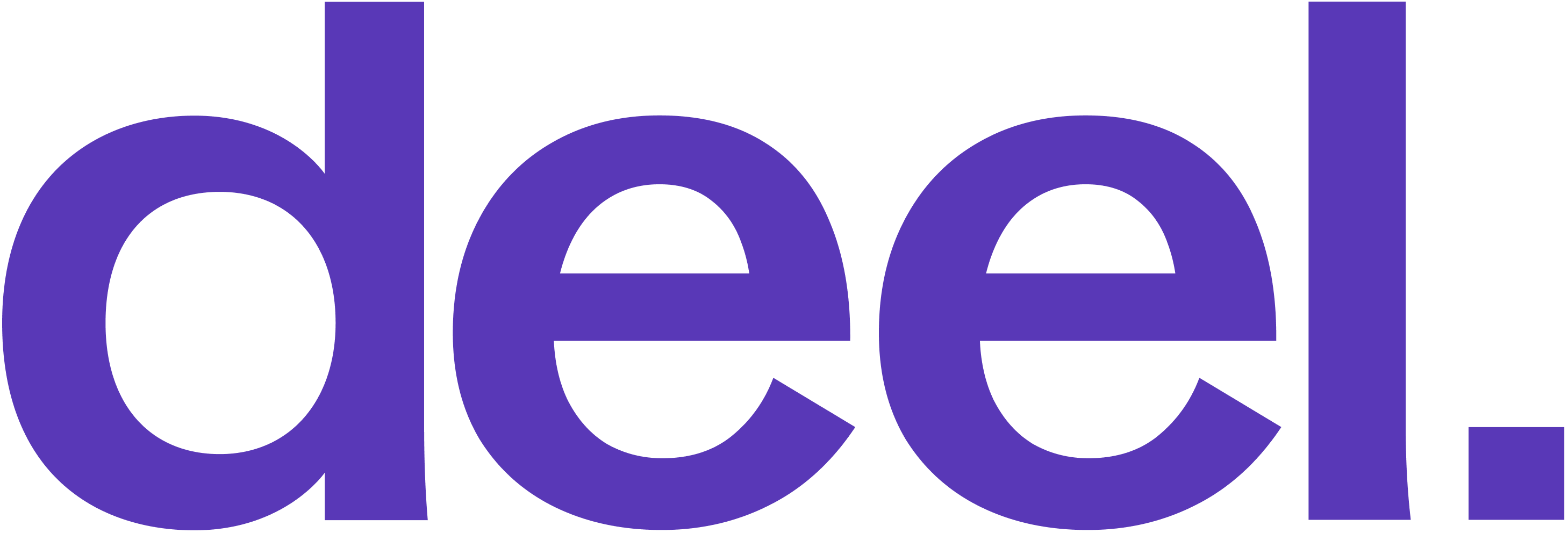The Benefits of Global Hiring for Diversity from Deel
4 minute read
Global hiring is the process of recruiting and hiring workers from all over the world. It’s a growing trend as companies seek top talent, regardless of location. In addition, global hiring is proving helpful in creating a diverse workforce.
Diverse companies often have a competitive advantage in boosting employee engagement and retention rates. Along with ensuring everyone has an equal opportunity to contribute to and influence every part of a workplace, diverse companies have greater success innovating, satisfying a diverse customer base, and competing globally.
62% of those polled in the Indeed & Glassdoor survey of US workers said that they would consider turning down a job offer or leaving a company if they did not think that their manager (or
potential manager) supported diversity, equity, and inclusion (DEI) initiatives.
Here are some ways global hiring supports workplace diversity:
- It increases representation: Companies hiring from a global talent pool are more likely to attract diverse candidates from different backgrounds and cultures. A diverse workforce has a variety of voices represented in decision-making.
- It promotes a culture of inclusion: When people from diverse backgrounds and experiences work together, they can learn about each other’s cultures and perspectives, leading to a greater understanding and acceptance of others while breaking down unconscious biases and stereotypes.
- It welcomes innovation: Hiring from an international talent pool creates a company culture that embraces people from different walks of life to contribute their ideas and feel valued and respected, leading to greater innovation and problem-solving.
- It gives employees a globalized mindset: Employees who work with people from different countries gain an outlook that can benefit both the company and the individual, as it helps workers better understand the world around them, which can come in handy when entering new markets or addressing a diverse customer base.
Here are some specific examples of companies that have embraced global hiring to support workplace diversity and how we can learn from their approach and implement strategies to attract and retain international talent while enhancing workplace agility:
- Accenture: The Irish-American company specializing in information technology services and consulting operates in more than 120 countries. The company cultivates a diverse and inclusive work setting by providing employee support groups and training programs centered on diversity and supporting flexible work arrangements. As a result, employee engagement and satisfaction and employer brand reputation have all improved.
Consider integrating location flexibility into your employer brand to improve talent retention and acquisition while reducing overhead costs.
- Chase: The digital bank owned by JP Morgan operates in over 60 countries with more than 240,000 workers worldwide. Their Global Head of D&I, David Miree, says, “Our diverse and global workforce is a competitive advantage. Building diverse teams not only strengthens our business and our culture but also broadens the range of ideas and solutions we can offer.”
Consider adopting a remote-first company culture to attract talent globally by catering to workers’ desire for greater flexibility, autonomy, and work-life balance.
- IBM: The multinational technology company supports hiring and retaining members of historically underrepresented communities through diversity, equity, and inclusion programs. A Strategic Partner Leader on IBM’s Consulting team said that the power of diverse thought, created by having an inclusive and diverse workforce, is integral to having an innovative and agile workplace.
Consider implementing a global mobility strategy to mobilize a global workforce, enabling workers to enter new markets and generate alternative revenue streams to reduce dependence on a single market and improve workforce agility.
If you’re hoping to boost diversity at your organization through global hiring, there are some steps you must take to be successful. First, you must make diversity a strategic priority, recruit and promote from a diverse POV, consistently train and engage employees on DEIB, and ensure your benefits and compensation strategy are fair and inclusive.
Next steps:


